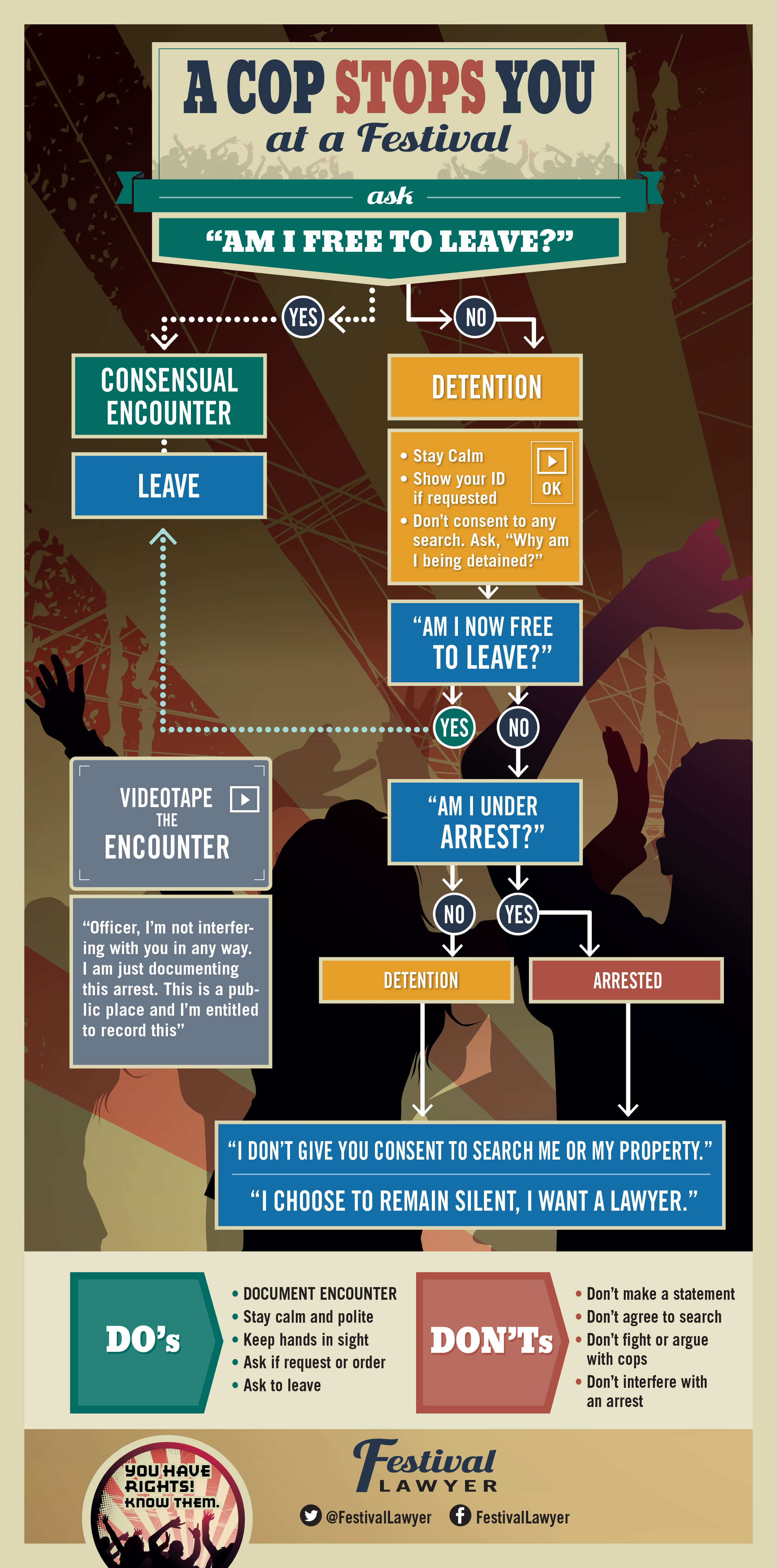Exactly How Criminal Justice Lawyer Get Ready For A Test: Inside The Process
Exactly How Criminal Justice Lawyer Get Ready For A Test: Inside The Process
Blog Article
Posted By-Jamison Farmer
When you think of the prep work that enters into a criminal test, it's simple to ignore the extensive behind-the-scenes job attorneys take part in. You'll find that they start by examining the instance details and collecting evidence, yet it does not stop there. They craft approaches based on that's supervising the situation and who's sitting on the jury. As they navigate the complexities of each test, they additionally have to anticipate the prosecution's steps. So, what details steps do they take to make sure everything straightens completely come test day?
Situation Analysis
When preparing for a trial, a detailed case evaluation is vital for any kind of criminal justice attorney. You'll start by analyzing the facts of your situation, which sets the foundation for your technique. Recognizing the timeline of occasions, determining key players, and identifying potential weaknesses in the prosecution's disagreement will help you construct a solid approach.
Next off, you'll evaluate any existing lawful criteria that might influence your case. Familiarizing yourself with similar instances can offer important understandings into exactly how courts may analyze the legislation. This knowledge permits you to anticipate difficulties and resolve them proactively.
In addition, you'll want to seek advice from your customer to collect their perspective and ensure their story lines up with the proof. Effective communication likewise aids develop trust, which is crucial for a strong attorney-client relationship.
Ultimately, consider the ramifications of various results. This evaluation not only prepares you for test but likewise enables you to encourage your customer on possible appeal offers or alternative resolutions.
Proof Collection
After assessing the situation, the next step entails event evidence that supports your client's protection. This procedure is crucial, as the toughness of your instance often hinges on the top quality and relevance of the proof you gather.
You'll start by determining possible resources of evidence, which might include witness statements, police records, monitoring footage, and forensic data.
When you've determined these sources, you'll require to obtain them lawfully and ethically. This might indicate declaring requests for records, talking to witnesses, and collaborating with professionals who can evaluate physical evidence.
Be thorough in your paperwork; every piece of proof ought to be cataloged meticulously to guarantee you can reference it quickly throughout trial.
It's also essential to examine the proof for its admissibility. Some items may be engaging however could face challenges in court due to legal guidelines. You'll want to anticipate any kind of objections from the prosecution and prepare counterarguments.
Lastly, keep your client educated throughout this procedure. Openness develops trust fund and helps them comprehend exactly how each item of evidence contributes to their protection strategy.
This collective method lays the structure for a solid case as you relocate better to trial.
Trial Method Advancement
Developing a trial strategy is vital for efficiently presenting your situation in court. Related Site 'll want to start by examining the proof accumulated and identifying essential motifs that support your client's placement. Think of how to provide the truths in a compelling narrative that resonates with the jury.
Next, consider your target market. You need to customize your technique based on the discretionary's backgrounds, ideas, and worths. This understanding can guide just how you mount your debates and pick which evidence to highlight.
It's additionally essential to expect the prosecution's strategy. Determine possible weaknesses in your situation and establish counterarguments to address them proactively. Think of what questions jurors might have and be prepared with clear, succinct actions.
Once you have actually developed your core arguments, technique supplying them with confidence. Simulated trials can be valuable for fine-tuning your presentation style and determining the performance of your method.
Finally, continue to be adaptable throughout the trial. Be ready to adapt your approach as new evidence or developments occur, guaranteeing you remain concentrated on accomplishing the best end result for your client.
Final thought
In getting ready for trial, you require to remain organized and positive. By extensively analyzing the situation, collecting solid evidence, and crafting a calculated strategy, you'll establish yourself up for success. Keep in mind, adaptability is key; prepare to adjust as the trial advances. With efficient communication and method via mock trials, you'll be fully equipped to counter any type of challenges that emerge. Eventually, your preparation can make all the difference in attaining a beneficial end result for your client.
